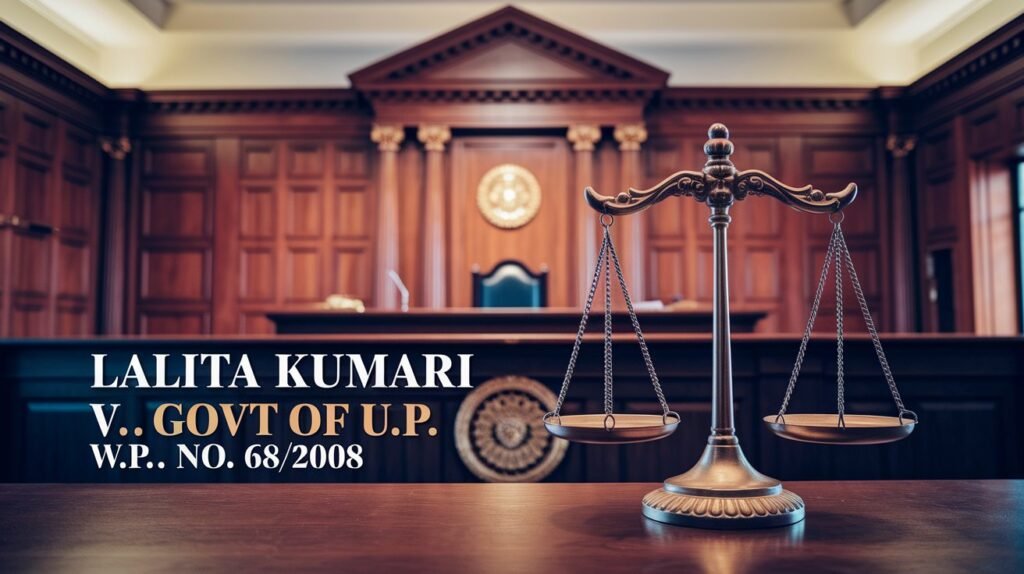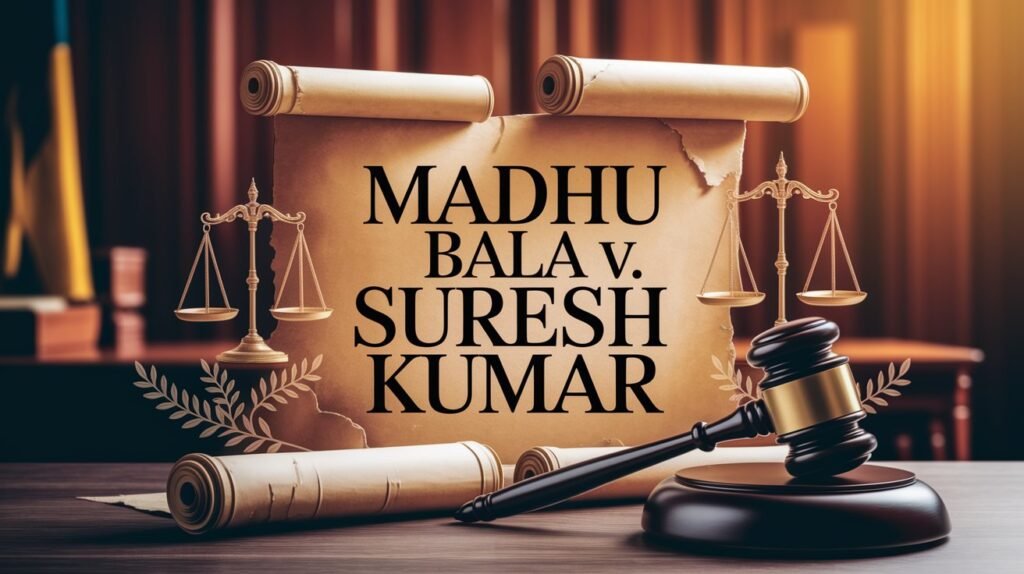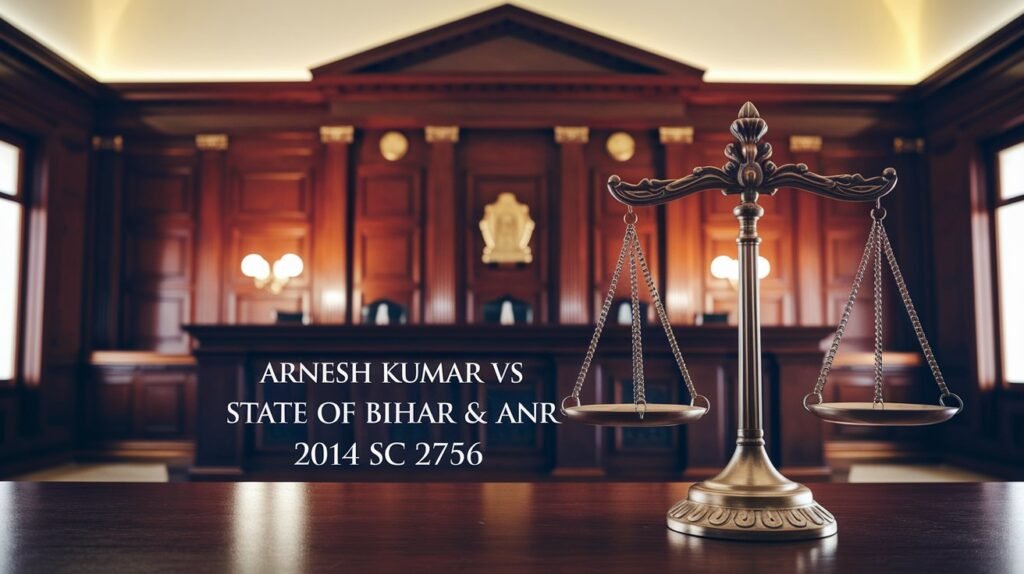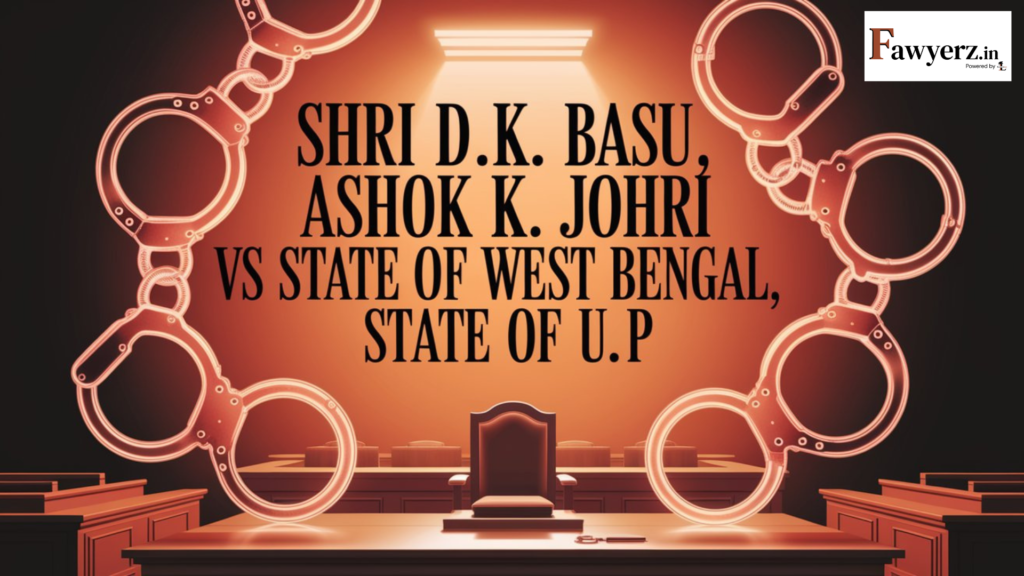M/S JK International vs State, Govt of NCT of Delhi and Others 2001 (Case Summary)

The case explores the complainant’s right to be heard when the accused files a petition for quashing of criminal proceedings under section 482 of CrPC. It also raises important considerations regarding the extent of a complainant’s participation in criminal proceedings once the police have taken over the investigation and filed a charge sheet.
Table of Contents
ToggleFacts of M/S JK International vs State, Govt of NCT of Delhi and Others
- The Appellant filed a complaint, pursuant to which an FIR was registered by the police.
- Upon investigation, the police filed a charge sheet against the Respondents, leading the Magistrate to issue process against them.
- At this stage, the Respondents filed a petition before the High Court of Delhi praying for quashing of the criminal proceedings under Section 482 of CrPC.
- However, the Appellant was not be impleaded as a party in the quashing petition. Appellant contented the criminal proceedings were initiated at his behest, hence he too may be heard before the criminal proceedings are to be quashed.
- Being aggrieved by the exclusion, the Appellant filed an application before the High Court for impleadment, asserting right to be heard which was rejected by the Hon’ble Delhi High Court.
- Dissatisfied with this decision, the Appellant filed a Special Leave Petition under Article 136 before the Hon’ble Supreme Court
Issues framed
- Whether the complainant has the right to be heard when the accused files a petition under section 482 of CrPC seeking quashing of the criminal proceedings?
Subordinate Court Judgment
Magistrate’s Court took cognizance of the charge sheet filed by the police and issued process to the Respondents.
The Respondents filed a quashing petition before the High Court of Delhi. The High Court of Delhi entertained the petition filed by the Respondents seeking the quashing of the criminal proceedings. The High Court rejected the Appellant’s petition for impleadment, holding that once cognizance had been taken, the complainant had no further right to participate in the quashing petition.
Aggrieved by this decision, the Appellant further approached the Supreme Court of India.
Judgment of M/S JK International vs State, Govt of NCT of Delhi and Others
The Hon’ble Supreme Court analysed the relevant sections of IPC including sections 420, 406, 120B; and sections 301(2), 302, 173(2)(i), 225 of CrPC.
The Hon’ble Supreme Court analysed CrPC, 1973 and asserted that it does not completely bar a victim/complainant from participating in the trial process, even after the police have filed the charge sheet. The victims/complainants retain a legitimate interest in the proceedings and must be provided an opportunity to present their concerns.
Referring to Sections 301(2) and 302 of the CrPC, the Court underscored that these provisions reaffirm the complainant’s continued role in the prosecution. Section 301(2) states that a private party may engage a pleader to act under the directions of the Public Prosecutor and submit written arguments in a Sessions Court. Meanwhile, Section 302 empowers the Magistrate to permit a private party to conduct the prosecution, signifying that the complainant is not entirely excluded from the judicial process.
The Court, further, relied upon the precedent set in Bhagwant Singh vs. Commissioner of Police & Anr., (1985) 2 SCC 537, which recognized the informant’s right to be heard when a police report recommends closure of the case. Applying these principles, the Supreme Court held that the complainant must similarly be heard when a petition is filed seeking the quashing of criminal proceedings.
The Hon’ble Supreme Court allowed the appeal, holding that excluding the complainant from such proceedings would amount to a negation of justice. The Court emphasized that when a quashing petition is filed, the complainant has the right to be heard before any final decision is taken.
The Court set aside the High Court’s order and directed that the High Court must adjudicate upon the Respondent’s petition seeking quashing of the criminal proceedings only after providing a reasonable opportunity to present the case by the Appellant.





